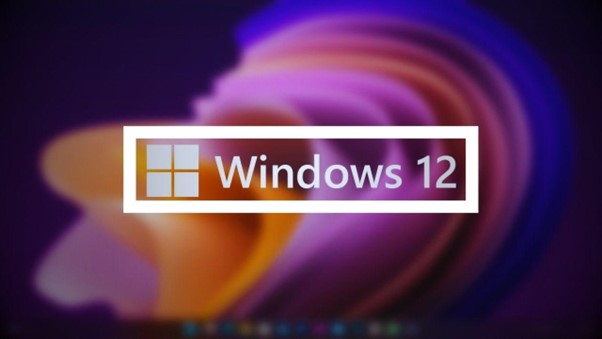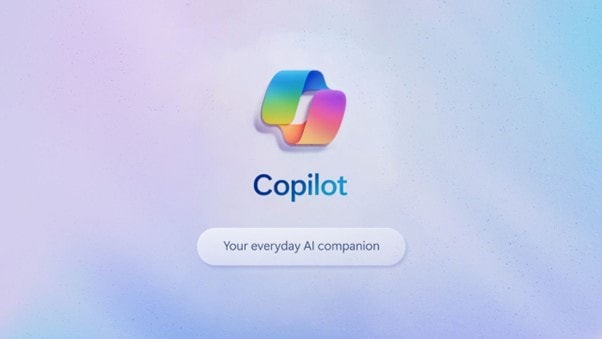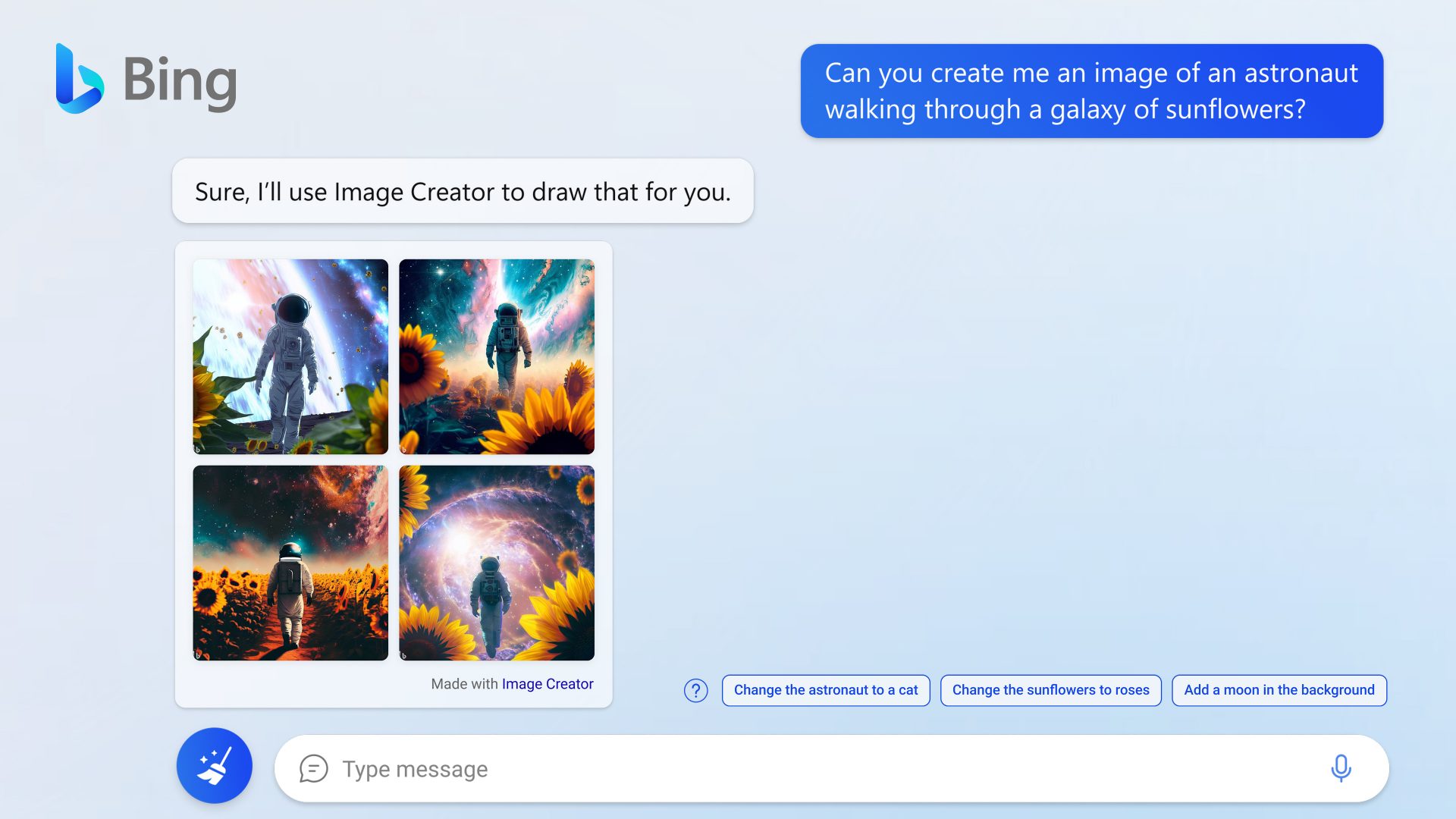
Note: This is a guest post written by Daniel Offer
When the web became big, Microsoft was caught off guard. The company was unprepared for the popularity of the internet and, as such, was way behind in building a browser (if they had even started at all). Netscape was the big thing then, but it didn’t stand for long. Microsoft created Internet Explorer, which was feature rich and, famously, bundled with their Windows operating system.
Bundling the software bought Microsoft a trip to the Department of Justice a long court battle that nearly resulted in the company being split up. The event also marked the beginning of an epic battle to determine which browser would deliver content to customers the world over.
Netscape soon passed into non-existence and eventually, through a series of steps, gave rise to Firefox. The current market can be roughly divided into Internet Explorer, Firefox, Chrome, Opera, and Safari. As of March 2012, the stats looked something like the graph below. This market share represents a fall for Internet Explorer from a high of 88% in 2003. Firefox entered the scene in 2006 and was followed in 2008 by Chrome, both of which have captured substantial market share.

Why the Battle?
Hubris is probably the biggest reason the browser wars have waged this long. Having the “best” browser means you write good software and for a company like Microsoft, that means a lot. There was a point when choosing the “wrong” browser would lead to viruses, a damaged computer, and the inability to view certain web pages. Today, that is no longer the case.
After years of competition, the free market has produced exactly what it should – a bevy of great browser that all deliver an outstanding experience. There are minute differences between them, but nothing like the gargantuan differences that led to the “old browser wars.”
Other than pure ego, the browser wars were an attempt to assert dominance. By controlling how people accessed the internet, there was the potential to charge advertisers for your services and make a boatload of money (kind of like Google does with its search engine). Today there is still money to be made from browsers by collecting usage and demographic data and selling it to marketers. However, the real focus now is on controlling content.
The browser wars are about controlling the content that people see and the search services they use. Thus, browser wars are really proxies for search wars. Microsoft is certainly keen to unseat Google and tap into the billions in revenue it generates through advertisements. There is also a hidden side.
Determining how people access the net also means determining what content they encounter. This gives a company leverage. If you want your website to be high on the list, then keep Google happy. Ostensibly, this kind of quid pro quo never happens because Google has pledged to “do no evil.” In truth, this kind of thing happens all of the time and is the reason that lawsuits are periodically filed about search algorithms and bogus rankings. Microsoft is vested in Bing, Google is vested in Google, and since Firefox has a revenue share agreement with Google, it is also interested in Google.
Mobile Browser Wars
The mobile browser realm is a mess. There is little standards compliance, too many choices, and poor support for plug-ins in general. The problem with mobile devices, however, is that people are less likely to customize their browser than they are with a PC. This will eventually change as people become familiar with customizing tablets, just as it changed for PCs. So, the browser wars are probably on their way to mobile devices.
The interesting thing is that the mobile browser wars will probably play out a little differently because the goal is not click through advertising so much as it is location-based services. That is to say, the goal of mobile browsers is to get you into a brick and mortar store, a far different goal when compared to PC browsers.
The browser that delivers the most convenience in terms of location awareness and simple directions to the things you want will ultimately be the winner, but there are two caveats. First, the iPhone, which makes up 18% of the market, is relatively closed. This means Google and Microsoft will have trouble breaking into the user base and unlike past browser wars, Apple users are a large portion of the market. This is also the user base that spends the most money and is thus the most highly coveted. The second caveat is that mobile is a new world and the lessons learned from older browsers may not be applicable. Thus, current browser leaders may not be the leaders in the future.
The Future of the Internet
HTML5 is a game changer in many respects. It brings new standards and helps to alleviate the need for plug-ins in some cases. The world of HTML5 will be richer for consumers and will result in a very different internet experience than what exists currently.
There is a lot of competition in the mobile browser realm, but it is unlikely to last. The companies with the resources will be the ones to wage the largest battles. Of course, we won’t discount the little guy. This is the world of tech after all and almost anything is possible.
Note: This guest post was written by D.Offer, owner of the free Facebook chat software “Chit Chat” writes. Chit Chat for Facebook is a popular unofficial Facebook Messenger alternative application that is free to download and use.







Comments are closed.